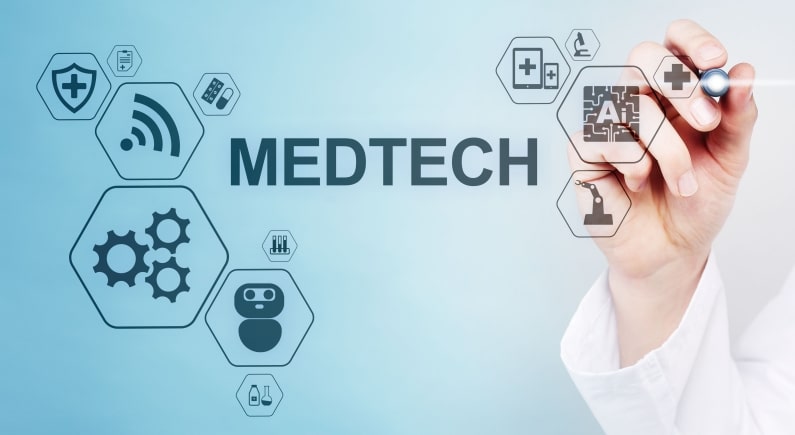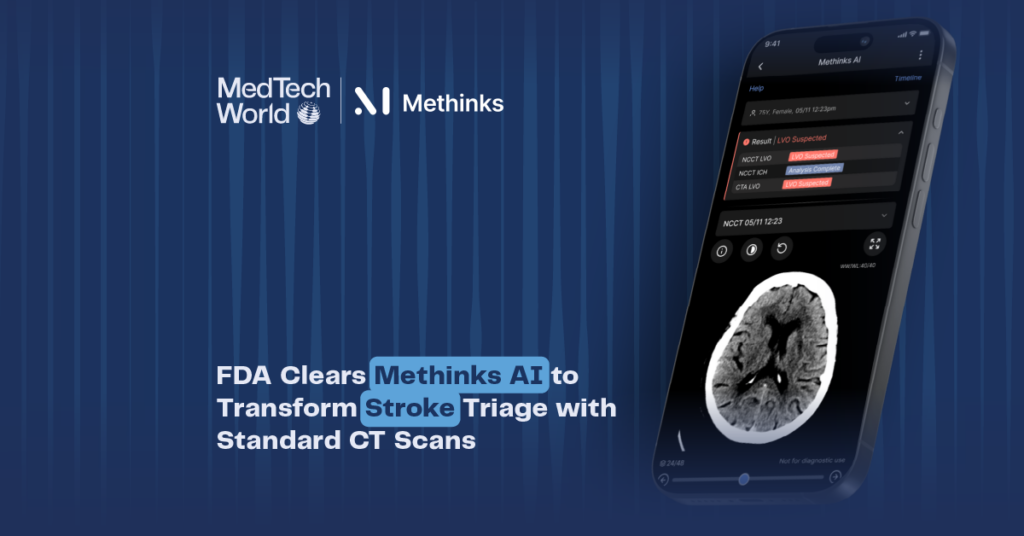
Michael Joe Cini
6th January 2023
2023: The MedTech World And What To Expect
Following the trend of Medtech developments witnessed in the last couple of years, 2023 is expected to bring about its own fleets of groundbreaking innovations.
Like in 2022, factors such as an ageing population, increasing chronic illnesses, and healthcare worker shortages will accelerate acceptance of virtual care and demographic trends, resulting in sustained demand for MedTech-driven solutions. An intriguing feature that’d spur the adoption and broaden the use of MedTech henceforth is its wide applications. Medtech offerings have cross-disciplinary applications that can extend beyond stakeholders in a particular therapy area or care setting, providing the ability to meet unmet needs with large patient bases.
Taking a step back, we’ll notice that alongside the developments and increased demand for integrated tech-enabled care are the diverse laws, rules, and norms faced by MedTech innovators around the world, further driving them to come up with better solutions. In the struggle to digitally transformed the medical world, we cannot but wonder what this year has in store.
Private Equity and Other Sponsors
This year, it will be much expected that the strong appetite recently displayed by private equity firms, healthcare-focused funds, and other financial sponsors for investing in Medtech companies, with a focus on sub-sectors such as diagnostics and healthcare IT solutions, will continue. Not surprisingly, later-stage MedTech firms are getting the chunk, as financial sponsors focus more on businesses with the possibility of greater yields, faster market and capital reimbursement.
Medtech Collaborations
The healthcare industry is an interconnected ecosystem where, more often than not, two are better than one. With the heightened consumer demand, MedTech companies are entering into strategic partnerships and collaborations, joining hands to use digital technologies to engage with consumers and unlock a vast range of treatment possibilities. This year, as the market rapidly evolves and more innovations are brought to the stage, it’s expected that MedTech companies and their innovators will, as a matter of necessity, continue to work collaboratively.
Mergers & Acquisitions in Medtech
Medtech acquirers have lately been more focused on developing their digital capabilities to innovate and reach customers in new ways. In 2022, we saw an increase in tuck-in acquisitions of smaller companies as opposed to bigger ones. Smaller companies, unlike large-sized businesses, can easily be incorporated into buyers’ existing infrastructure and product offerings. As the digitization of the healthcare industry continues in 2023, MedTech acquirers are most likely going to keep prioritizing the value of digital and data assets as they consider potential targets.
Data Privacy & Security
Data is key to every aspect of medicine— both in practice and research. However, the industry has been facing tremendous difficulties in managing loads of information. According to Jonas Lundqvist, CEO at Haidrun, more than 200 million patient records have been exposed to data breaches in the past decades. This is expected, considering the sheer volume of paper in health administration. Deloitte reported that a single healthcare provider files about 20,000 forms annually. Over 50% of the healthcare transactions performed yearly are via fax, with a significant part of them arriving late – some may never arrive or contain insufficient or incorrect detail.
While the most notable are the major high-profile breaches of sensitive patient data, the problem extends to the compromise of pharmaceutical research, financial details, genetic information, and cyber-attacks on the healthcare supply chain, making apparent the growing need for data privacy and security.
Although to mitigate this, tech companies are stepping in as the gatekeepers of information, proposing several solutions, they also need to be regulated. Over the past year, MedTech innovators have been faced with regulations, rules, and laws frowning at the illegal use and sharing of highly sensitive data. In line with this, The Federal Trade Commission has issued several statements, emphasising its support for the course. Many state privacy laws coming into effect this year are also noted to have created new categories of sensitive personal data, such as health data, and imposed novel obligations on innovators to obtain data-related consents.
Telehealth and Remote Patient Monitoring
From the onset of the pandemic, telehealth and remote patient monitoring technologies have been widely adopted as major modes of healthcare delivery. Since 2020, these technologies have increasingly been made available and used in the healthcare industry. As Covid loosens its grip on the world, one would wonder what might become of these innovations that saw us through the hardest time.
The only way from here is more digitization – the healthcare industry cannot return to the pre-pandemic period. As the telehealth industry fixes its gaze on enabling remote consultations and long-term patient management for patients with chronic conditions, it is expected that this year will table before us an increased innovation in non-invasive technologies that will not only provide early diagnostics but also enable ongoing disease management in a low-friction manner.
Amidst the challenging macroeconomic environment and increasing scrutiny from regulatory authorities around the world faced by the MedTech companies, we expect that the industry will remain resilient as always. 2023 sets to bring crucial and much-needed development to the healthcare industry.
Latest post: CLINITHINK PARTNERS WITH ASTRAZENECA FOR EARLY-STAGE LUNG CANCER DETECTION




